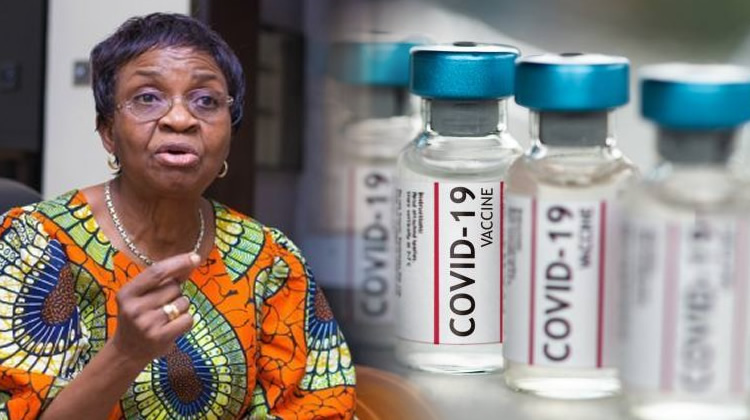
Adeyeye disclosed this during a press briefing on Wednesday in Abuja while highlighting the agency’s strategic goals for the years 2023-2028.
The President, Major General Muhammadu Buhari (retd.), on December 30, 2022, approved the renewal of the appointment of Adeyeye as NAFDAC DG.
Adeyeye said the agency would achieve the positioning by ensuring good manufacturing practice of Nigeria Vaccine Company.
She said, “Part of the new initiatives of the agency is to attain Vaccine Lot Release ML4 to position Nigeria strategically for vaccine manufacturing by ensuring good manufacturing practice of Nigeria Vaccine company. It will also assure quality, safety and efficacy of vaccines manufactured in Nigeria or imported. This will equally establish Vaccine Clinical Trial Research and Service Pipeline for the local manufacturer.”
Adeyeye further stated that the agency would continue to sanitise the supply chain unit through monitoring in order to mitigate counterfeits
She said, “Our Supply Chain Monitoring will aid continual sanitisation of the supply chain units to mitigate counterfeits and SFs. It will also scale up imported and locally manufactured pharmaceuticals, establish structured and active tracking and tracing through solution providers. This includes initiating track and trace of foods.”
She said the agency would continue to strengthen regulatory activities through investigation and enforcement, adding that it would also work collaboratively with NDLEA in mitigating substances or drug abuse.
Adeyeye said the agency would use additional media outlets to disseminate noteworthy NAFDAC’s activities and also enhance digitalization of more regulatory processes for better management and transparency.
The Director-General recalled that she met a huge debt of N3.2 billion, a dismally low Internally Generated Revenues of N700 million and a collection of N7 billion as user fees during her first tenure.
She, however, stated that the debt was paid off within her first year in office, adding that the IGR had tripled to N2.5 billion with user fees doubled to N15 billion.





